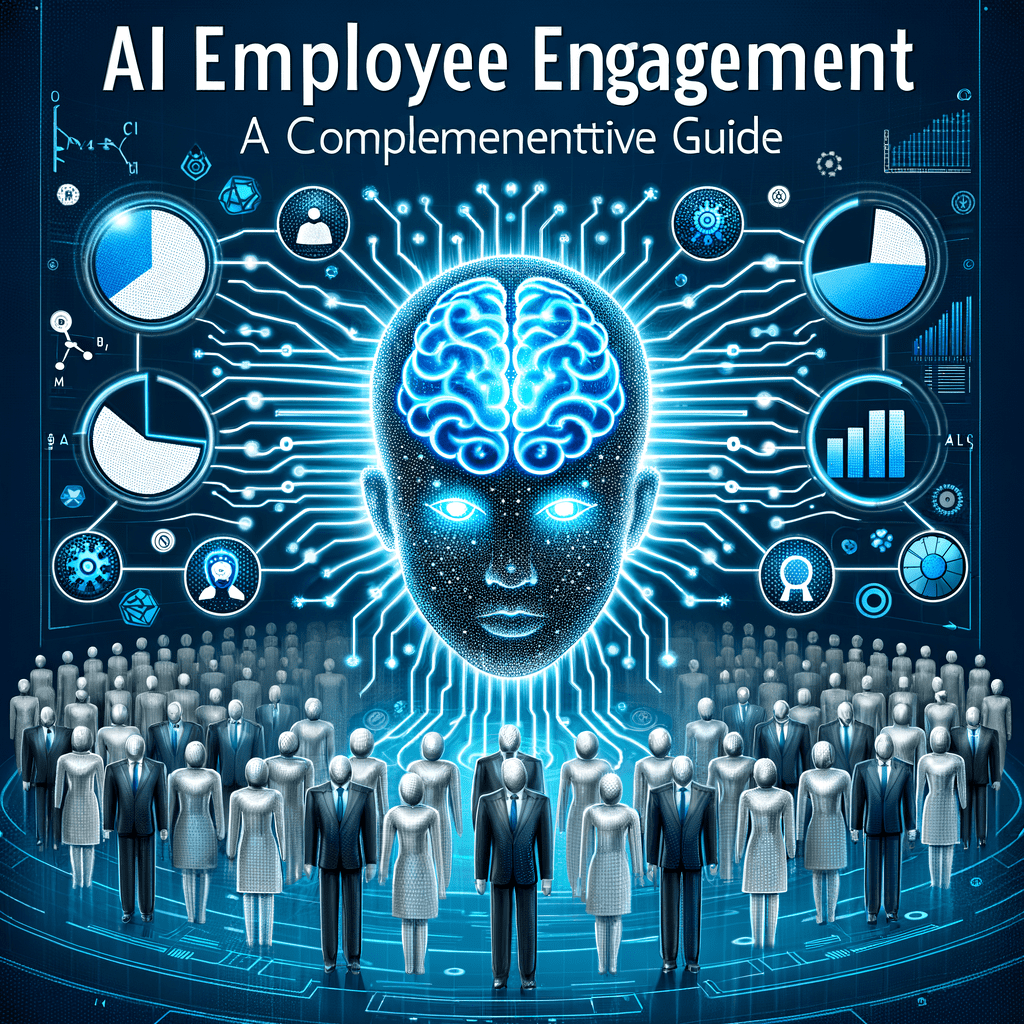AI employee engagement has rapidly become a hot topic in today’s business world, hasn’t it? And for good reason. Many companies are now looking into using this rapidly growing technology to keep employees satisfied and productive. But how do you know if AI employee engagement is right for your company? What can you reasonably expect from it? Let’s break down the fundamentals.
Understanding AI and Employee Engagement
AI mimics human intelligence through algorithms and systems. This includes complex tasks such as learning, reasoning, and even decision-making.
Employee engagement describes how invested your team members are in their work. Disengaged employees cost U.S. companies up to $550 billion each year, so finding solutions is critical.
AI can analyze data behind the scenes to personalize training, suggest career paths, or even automate tedious tasks that drain employee enthusiasm. McKinsey & Co. reports that 65% of organizations now regularly use generative AI, demonstrating its effectiveness.
The What and Why of AI Employee Engagement
How does AI employee engagement translate into tangible benefits for your company?
A Cerkl study found that over half of executives reported a positive return on investment when using these strategies.
Optimizing Existing Processes with AI
AI can automate HR tasks, enabling your HR professionals to focus on strategic objectives. Here are a few examples:
- AI streamlines onboarding with personalized welcomes, automated paperwork, and mentor assignments. Research shows that AI is already utilized by around 68% of businesses for onboarding.
- AI objectively analyzes performance data, providing managers and employees with comprehensive insights for feedback and development. As long ago as 2019, a Society for Human Resources Management (SHRM) study showed that 88% of organizations globally leverage AI in HR.
Taking Training and Development to a Whole New Level with AI
AI enables customized learning experiences based on each team member’s skills and growth areas. This approach enhances engagement by making team members feel valued and seen.
AI-Powered Rewards and Recognition
AI employee engagement analyzes performance data to develop impactful incentive programs. AI helps create personalized rewards and recognize top performers.
- AI helps develop more impactful incentive programs. These range from bonuses to additional vacation time or even professional development opportunities.
- AI can identify top performers who deserve special accolades. This reinforces the idea that hard work is seen, appreciated, and rewarded.
AI Employee Engagement: Addressing Common Concerns
It’s important to acknowledge some apprehension surrounding AI. Let’s address these concerns head-on.
Fear of Job Displacement
While concerns about AI replacing jobs are understandable, it’s important to remember that AI cannot replicate human abilities. AI tools enhance employee experience by freeing up employees from repetitive tasks. A Qualtrics study indicated that 68% of employees believe some jobs are at risk because of AI. In fact, 23% of those employees surveyed believed that their own jobs were at risk.
AI tools allow employees to focus on tasks that require distinctly human skills like creativity, critical thinking, and emotional intelligence. AI technology can create MORE jobs in machine learning, software development, and data analysis, as reported by the World Economic Forum.
The Ethics of Data Privacy
Employee engagement AI relies on gathering potentially sensitive data, raising privacy concerns. It is crucial to choose platforms that prioritize data encryption, secure storage practices, and adherence to regulations.
Key Takeaways for a Successful AI Employee Engagement Strategy
Carefully consider both the opportunities and challenges AI might bring. AI employee engagement can yield substantial benefits when approached strategically and thoughtfully.
Embrace AI’s potential and address challenges proactively. This approach can enhance employee performance, leading to greater organizational success.
FAQs about AI employee engagement
Is AI going to replace my job?
AI augments rather than replaces. Automating tasks through AI allows employees to focus on strategic and creative endeavors that require uniquely human skills. The rise of AI has the potential to improve employee well-being.
Can you give some examples of how AI is already used in businesses?
The IBM Global AI Adoption Index 2023 highlights that 42% of surveyed large-scale businesses use AI for optimizing operations, personalizing marketing, or tailoring customer experiences. These enhancements to business operations may result in more positive employee feedback. While these don’t directly correlate with employee engagement, they are relevant examples.
Conclusion
AI employee engagement can transform how organizations engage, motivate, and retain their most valuable asset: their employees. Using AI for employee engagement requires a mindful and ethical implementation strategy.






